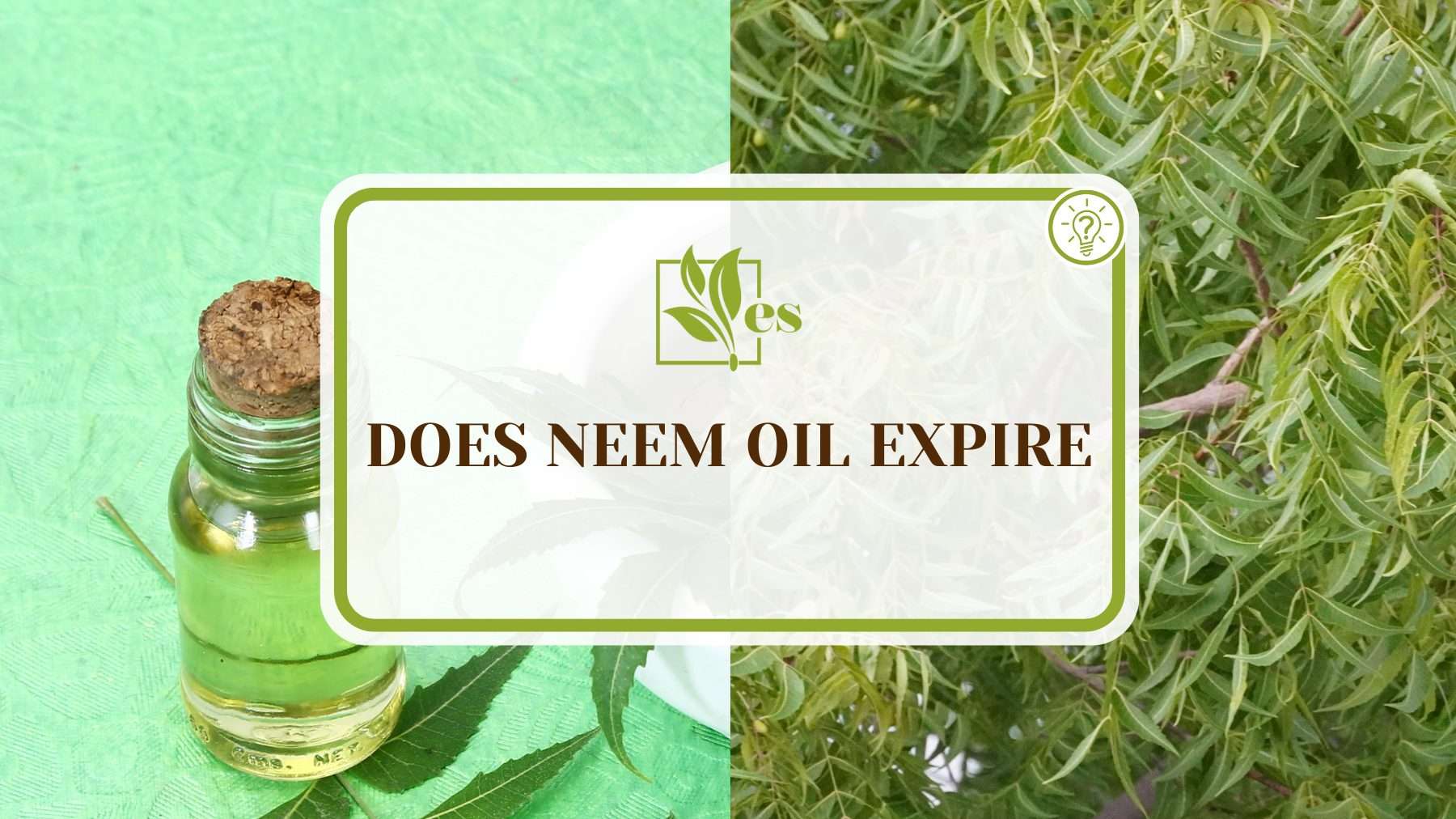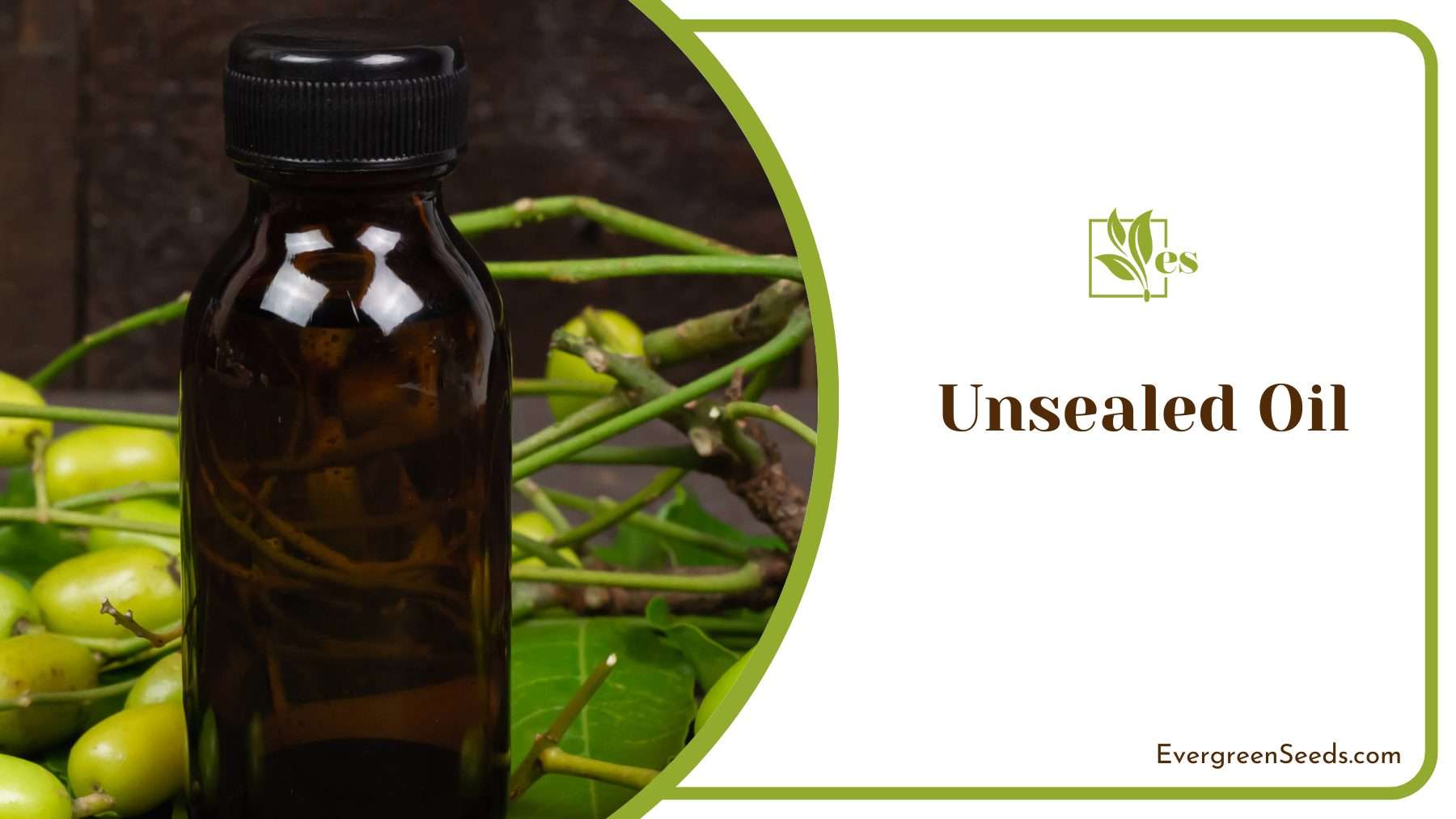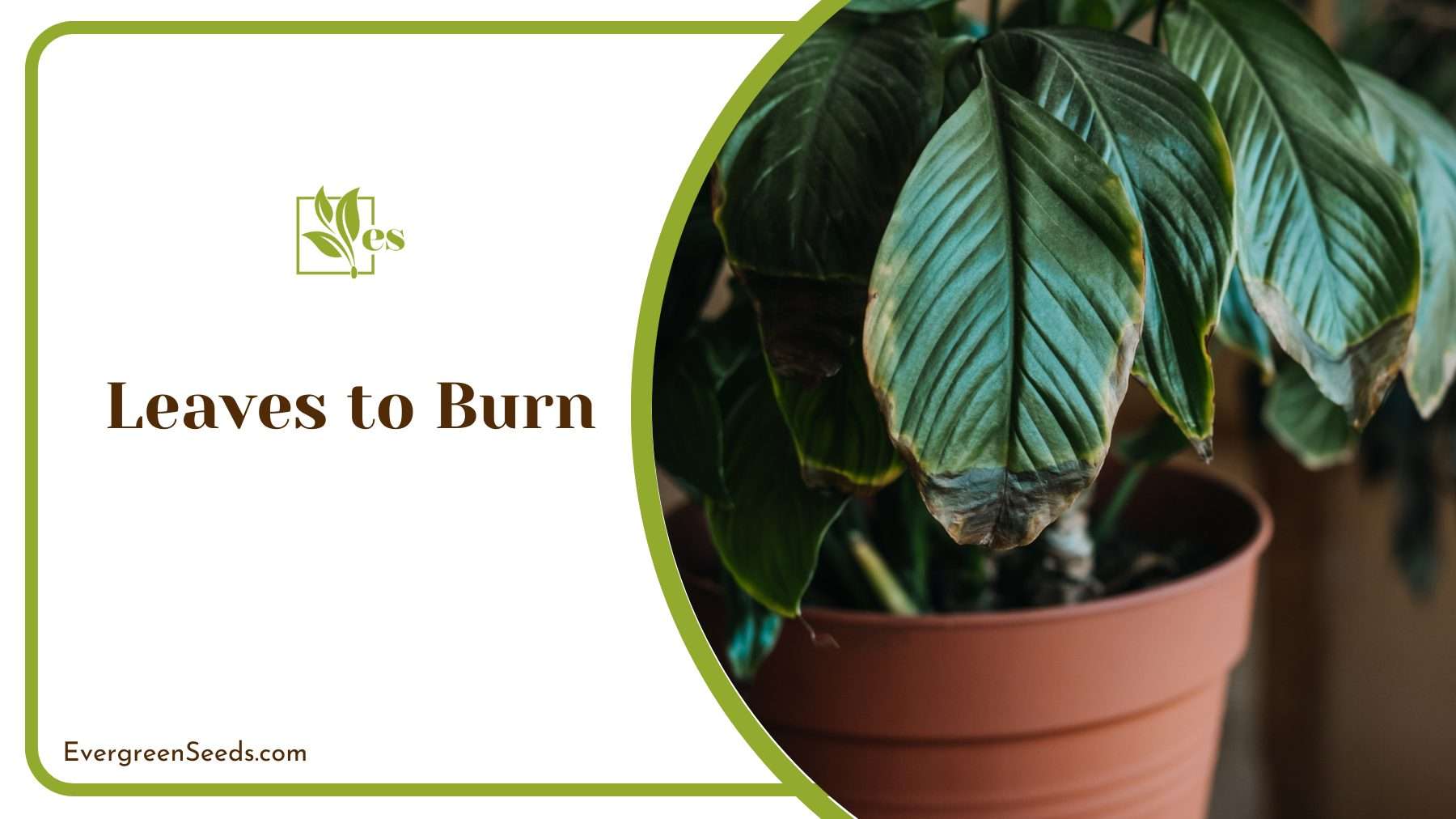Does neem oil expire, is a thought that many gardeners are prone to have, after keeping a bottle of this oil lying around the house for plant care. The bad news is that this oil expires within three years, even if it is still sealed in an airtight bottle.
The good news is that this article will help you determine whether your oil is expired and, if so, what caused its expiry.
“Neem oil is slightly irritating to the eyes and skin, but its components are generally recognized as safe (GRAS) by the U.S. Food and Drug Administration, indicating its safety for gardening use.” – National Pesticide Information Center, Oregon State University Extension Services
JUMP TO TOPIC
Does Neem Oil Expire After Some Time?
Yes, neem oil does expire after some time, after which it should not be used. Once the bottle opens, the oil within it expires within six months. Even a sealed organic or commercially manufactured bottle will expire after one to three years.
Pure neem oil is primarily manufactured after cold-pressing seed kernels of the neem plant. This oil does not have the ability to remain stable for a very long time because it is made of natural products, and it has a particular shelf life. Over time, the essential compounds within this oil, like azadirachtin and nimbidin, start breaking down and disintegrating.
When this oil is exposed to the atmosphere, this breakdown process is only accelerated. In such a matter, the light falling on oil droplets, exposure to air or water, and high temperatures also accelerate this process. Some breakdown products that are formed after expiry cause injury to the plants at a cellular level, and so it would harm the plant.
– Shelf Life of Sealed Oil
Once the oil remains sealed in an airtight bottle away from exposure to outside air and light, it takes about one to three years before it expires. In such a case, you should remember that this is the oil that hasn’t been in contact with air or even been exposed to any other product like water.
Which is why, the high-quality organic neem oil that is appropriately sealed might last up to three years. Oils of slightly lower quality or oil not packed so strongly will expire in under one year when the seal is still on, but if it has been mixed with another product.
– Shelf Life of an Unsealed Oil
Once you open the seal of a neem oil bottle, it will begin to break down faster than ever. When you open the bottle’s lid to remove some oil, air, moisture, and light are introduced to the oil. The oil within it will expire quickly, within six to eight weeks, and must be used within that time period.
Despite being stored under perfect conditions, the oil will not last more than three years. Which is why it is a good choice that you would go for buying a small-sized bottle that you can finish within a year after you have opened it. The reason is that the closer the oil expires, the less effective it will be as a pesticide.
– Shelf Life of Oil Mixed With Water
Once you mix a tablespoon or two of neem oil in water will expire within six to 12 hours because you have added substance and mixed it well. You need to make the oil mixture right before you want to spray it on the plants. It is wise to make only as much oil and water spray as is needed because it cannot be stored for later.
In addition to this, you must also be mindful that the maximum amount of time that a neem oil spray can be stored is 24 hours. After it is mixed with water, put it in a dark container with an airtight lid. Place this bottle in a cool, dark drawer to delay its expiry. Only open the airtight lid when spraying the plants with the mixture is time.
How to Tell if Neem Oil Has Expired?
You can tell that neem oil has expired by seeing if its yellow color has darkened into a brown or black shade. It will begin to smell bad and might even develop lumps. Additionally, another convenient way is to check the expiry date given on the bottle.
– Check the Date Given on the Bottle
Most manufacturers that sell cold-pressed neem oil specify the expiry date on the bottle’s label. Remember that this is the date on which the unopened bottle will expire.
In such a case, you must also notice that once opened, the oil will expire within six months. If the expiry date is not given, then check the manufacturing date. As mentioned before, if it has been two to three years since manufacturing, the oil is most definitely expired because it came in contact with air and so it would expire faster than the sealed one.
– Appearance of Discolorations
Pour some of the neem oil concentrate out of its bottle into a white or transparent bowl. Simply looking at it will show you that it has expired and must be thrown out. Regular oil is either yellow or slightly yellowish brown, and the color has been changed, overall. Some unique varieties might even be tinted golden or reddish-brown.
The reason is that the expired oil undergoes oxidation and turns dark brown or black in color. If you have been using the oil for some time, then compare if it has turned darker than before or not.
Another sign that the oil has gone bad is white-colored clouds floating in it, in such a case, the oil would appear more foggy as you look at the midst it. These clouds are contaminants or expired products of the oil.
– A Whiff of Foul Odor
Open the jar of your bottle of neem oil and inhale its smell. A foul odor is usually enough to confirm that the oil has gone rancid and must be thrown away.
Typically, this oil has a very intense and nutty aroma comparable to that of peanuts, garlic, or even sulfur. However, once it turns bad, it smells incomparably awful, so make sure that you throw it away because it has expired, for sure, and it is no good to be used.
– A Change in Texture
Sometimes the change in color or smell needs to be more distinguished and might confuse you. A third sign of an expired oil is a change in texture. This one should be thick, smooth, and velvety like all oils.
If lumps or solid masses start forming in the liquid mass, purchasing a new oil bottle is time. Does neem powder expire, is another worry, as it does expire one year after its packet is opened. Like neem oil, this powder must be used soon after opening its pack.
What Factors Cause Neem Oil to Expire Faster?
Factors that cause neem oil to expire faster are heat, light, and contamination. Prolonged exposure to temperatures above 84 degrees Fahrenheit and light of any kind will turn it rancid. Exposure to humid air or contamination by water will also make it go bad.
– Storage Temperatures
Store neem oil at room temperature, around 77 to 80 degrees Fahrenheit, all year round. Temperatures above 84 degrees Fahrenheit increase the rate at which its constituents begin to break down.
At the same time, when it is somewhere below 70 degrees, the oil does not expire but will turn into a solid mass. Moreover, you must also be mindful that this oil should not be refrigerated, so store it someplace cool during the hot summer months.
– Exposure to Light
Light helps break down azadirachtin and the other 200 compounds that comprise the neem oil. That is why this oil is always sold in thick, opaque, and dark bottles so that it would remain away from getting into contact with lights coming in addition to heat.
The instructions on most bottles also clearly state that you must replace the lid right after taking some oil out. Proper long-term storage for this oil means putting it in a dark, cool, and dry part of the house.
– The Quality of the Product
It might still expire early if you store this oil properly under the proper temperatures and in a cool, humid place. This often happens when cheap or low-quality products are purchased from unverified vendors. Always double-check that the seller has positive reviews and is selling FDA-approved oil.
What Happens if Expired Neem Oil Is Used?
If expired neem oil is used, it does not kill the eggs and larvae, although it still kills adult bugs. There is an increased risk of burns to the leaves and stem sheaths. The person applying expired spray is also at risk of inhaling the pungent odor.
Moreover, you may also look at the oil and think, can you use expired neem oil, and this is why you must know that no, you cannot use expired neem oil on plants to kill pests. Azadirachtin and other compounds responsible for this oil’s pesticide effect break down once it expires. Not only is expired oil not effective at all, but it might even cause further harm.
– It Loses Its Effectiveness
Once it expires, this oil is no longer an effective pesticide for plants. In fact, some of the first compounds that break down have pest-killing properties; on the contrary, it would be of no use and wouldn’t help you in any way.
Making a spray from expired oil and then applying it to the plants is a big waste of time. The oil that has only recently expired might still have a pesticide effect, but it’s best to throw it away and use a new one.
– It Causes Leaves to Burn
Unfortunately, the leaf-burning properties of oil only amplify once it expires. Rancid oil contains harmful oxidants and reactive molecules that get absorbed into the plant cells. These molecules end up causing damage to the plant at a cellular level. The leaves might then react by drooping down or wilting around the edges.
Burns produced by expired oil show up on the plant’s surface within a few hours of application. These oil spots are black or brown in color and irregular in shape, and you will see them changing their beautiful features. Plants with naturally thin leaves are the most at risk, like lettuce, peas, and spinach.
– It Kills Beneficial Insects
The good thing about neem as a household pesticide is that it kills harmful bacteria while not affecting the beneficial ones. However, once it expires, this oil kills pollinators, earthworms, aphids, and spider mites. This is not a good thing for the long-term health of your lawn.
Pollinators include bees and butterflies and are super important for the flowering stages of all plants. Earthworms help decrease soil compaction by creating countless burrows in the soil.
These beneficial insects are essential members of the lawn’s food chain. This means that they would aid your plants in the right way to aerate the type of soil you have or to tackle the aphids that you may have on the plants, but rather when you expose the plant to the outdated oil, it will kill them.
It is a great choice to be keen on how to dispose of neem oil, and this would be the step when you should mix it with an absorbent material such as sawdust and put it in a sealed container. Ask your local garbage collectors if they separately accept expired neem and essential oils. Another option is to bury it in a pit away from nearby clean water sources.








